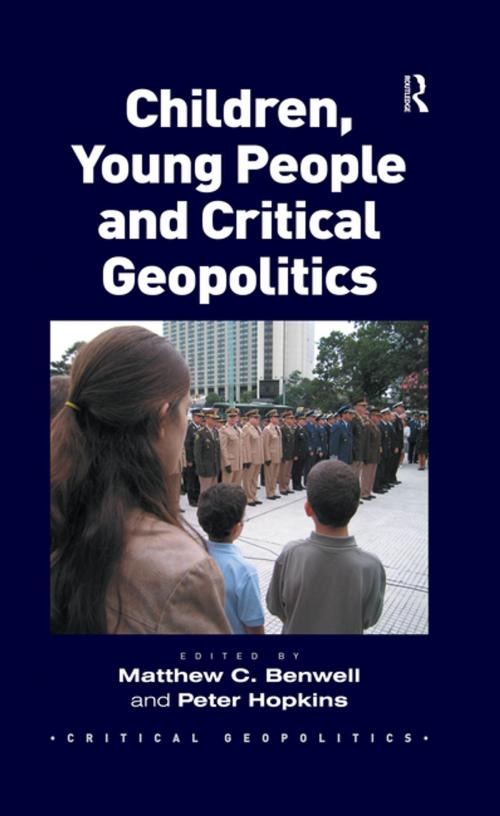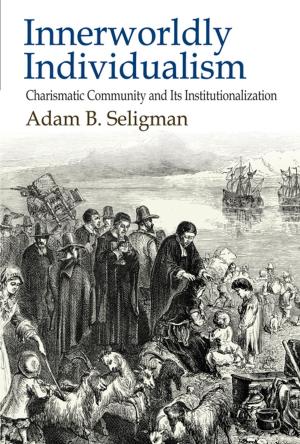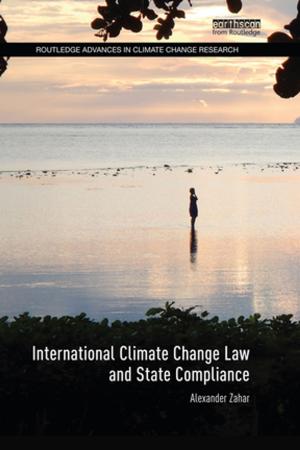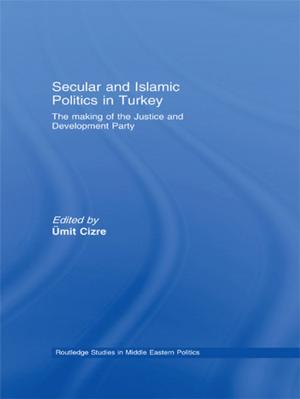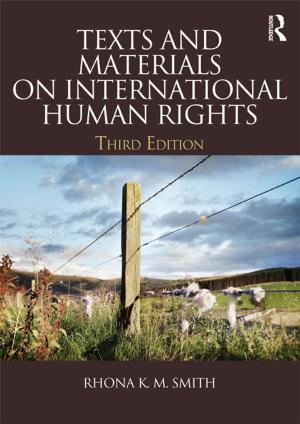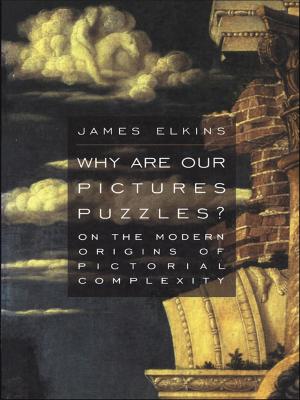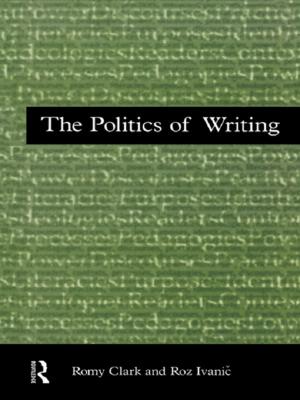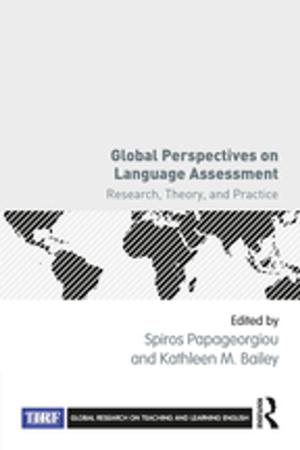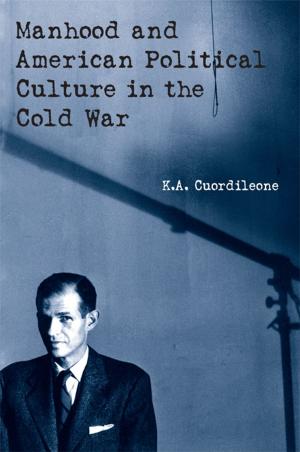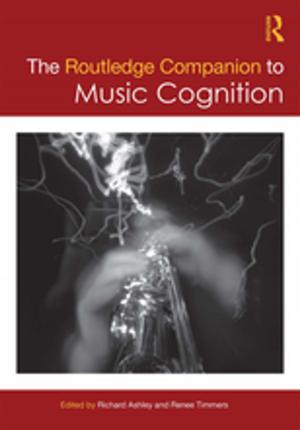Children, Young People and Critical Geopolitics
Nonfiction, Social & Cultural Studies, Social Science, Human Geography| Author: | Matthew C. Benwell, Peter Hopkins | ISBN: | 9781134801664 |
| Publisher: | Taylor and Francis | Publication: | May 15, 2017 |
| Imprint: | Routledge | Language: | English |
| Author: | Matthew C. Benwell, Peter Hopkins |
| ISBN: | 9781134801664 |
| Publisher: | Taylor and Francis |
| Publication: | May 15, 2017 |
| Imprint: | Routledge |
| Language: | English |
Young people, and in particular children, have typically been marginalised in geopolitical research, positioned as too young to understand or relate to the adult-dominated world of international relations. Integrating current debates in critical geopolitics and political geography with research in children’s geographies, childhood studies and youth research, this book sets out an agenda for the field of children’s and young people’s critical geopolitics. It considers diverse practices such as play, activism, media consumption and diplomacy to show how children’s and young people’s lives relate to wider regional and global geopolitical processes. Engaging with contemporary concepts in human geography including ludic geopolitics, affect, emotional geographies, intergenerationality, creative diplomacy, popular geopolitics and citizenship, the authors draw on geopolitical research with children and young people from Europe, Asia, Australasia, Africa and the Americas. The chapters highlight the ways in which young people can be enrolled, ignored, dismissed, empowered and represented by the state for geopolitical ends. Notwithstanding this state power, the research presented also shows how young people have agency and make decisions about their lives which are influenced by wider geopolitical processes. The focus on the lives of children and young people problematises and extends what it is we think of when considering ’the geopolitical’ which enriches as well as advances critical geopolitical enquiry and deserves to be taken seriously by political geographies more broadly.
Young people, and in particular children, have typically been marginalised in geopolitical research, positioned as too young to understand or relate to the adult-dominated world of international relations. Integrating current debates in critical geopolitics and political geography with research in children’s geographies, childhood studies and youth research, this book sets out an agenda for the field of children’s and young people’s critical geopolitics. It considers diverse practices such as play, activism, media consumption and diplomacy to show how children’s and young people’s lives relate to wider regional and global geopolitical processes. Engaging with contemporary concepts in human geography including ludic geopolitics, affect, emotional geographies, intergenerationality, creative diplomacy, popular geopolitics and citizenship, the authors draw on geopolitical research with children and young people from Europe, Asia, Australasia, Africa and the Americas. The chapters highlight the ways in which young people can be enrolled, ignored, dismissed, empowered and represented by the state for geopolitical ends. Notwithstanding this state power, the research presented also shows how young people have agency and make decisions about their lives which are influenced by wider geopolitical processes. The focus on the lives of children and young people problematises and extends what it is we think of when considering ’the geopolitical’ which enriches as well as advances critical geopolitical enquiry and deserves to be taken seriously by political geographies more broadly.
